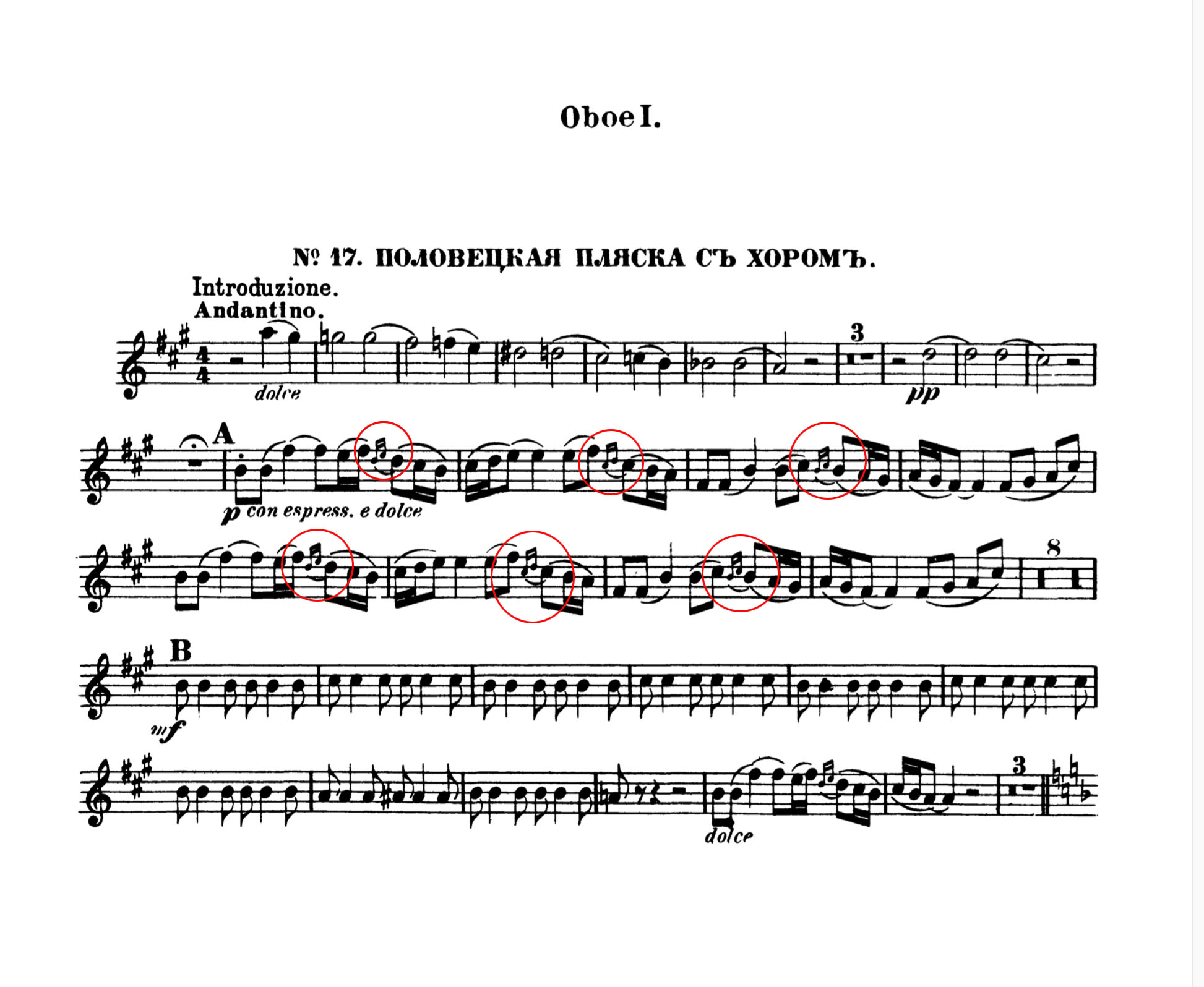Don’t click to listen yet!
Maybe we could use a little music right now to take our minds off of politics. A few days ago, I was writing here about the project of the re-enchantment of the land. And then tonight, while YouTubing to hear the voice of a Russian mezzo-soprano recently mentioned in a New Yorker article (Anita Rachvelishvili), I ended up listening to parts of Alexander Borodin’s opera “Prince Igor,” which Rachvelishvili has sung at the Metropolitan.
Those of you who are my age will be familiar with the song “Stranger in Paradise,” which was very popular in the 1950s. The song came from the Broadway hit “Kismet.” The song’s words are from the Broadway musical. The music is from Borodin’s opera. “Stranger in Paradise” has long been on my list of favorite songs. When I was a child, first hearing Broadway harmonies and Broadway melodies put a spell on me and ruined me forever as a normal Southern boy. Church just didn’t have anything like that. From there it was a slippery slope to Mozart and other heathenry. (The word heathen, an insult word which is found 140 times in the King James Bible, is of course related to the word heath. Heaths are enchanted places. Do you suppose there might be clues there to how disenchantment happened?)
Here are the words to the opening lines of “Stranger in Paradise.” These words occur in the song’s introduction before the main theme of the song begins:
Oh why do the leaves of that mulberry tree
Whisper differently now?
And why is the nightingale singing at noon
On a mulberry bough?
For some most mysterious reason,
This isn’t the garden I know;
No, it’s paradise now that was only a garden
A moment ago!
The answer to these questions, of course, for why a mere garden has turned into a paradise, is that the garden has suddenly become enchanted. Borodin somehow captures that change.
I listened to many versions of “Stranger in Paradise,” including the original cast version, the movie version, and versions done by many popular singers. But Borodin’s melody is just too sublime to be sung by singers who don’t have operatic training. One needs to stick as closely as possible to the original Borodin. I came across the undiscovered gem above on YouTube. And who knows. Maybe only Russians can sing this song. I settled on the version above. Why don’t you listen now and see what you think…
For extra credit, here is an orchestral version by the Berlin Philharmonic. Oh, if only Borodin had been born a little later, the films he could have scored …
For extra-extra credit, here below, excerpted from the oboe score, is the introduction of the “Stranger in Paradise” main theme by the oboe, accompanied by the harp. The theme is then picked up by the clarinets and bassoons and, at last (and of course), by the strings. Of particular interest, as the oboe introduces the theme, are the ornamental notes. I’ve circled those notes in red to help you follow them in the oboe score as you listen. Also listen for the repeating triangle tings after the strings pick up the theme at 2:07. In orchestration, triangle tings almost always invite enchantment.
Start at point “A” in the score at 0:58 in the video:
More extra credit: Look up the meaning of the word “kismet,” from which the Broadway show got its name.

